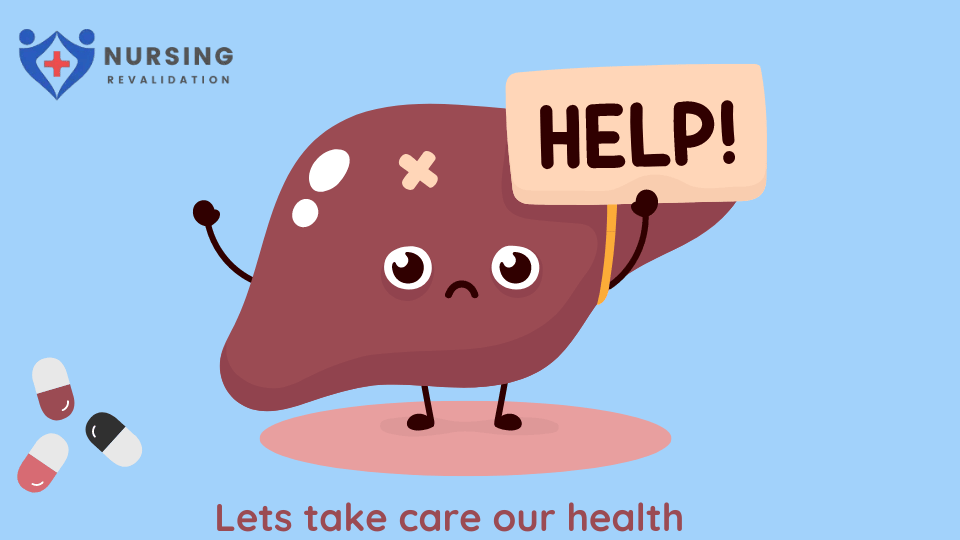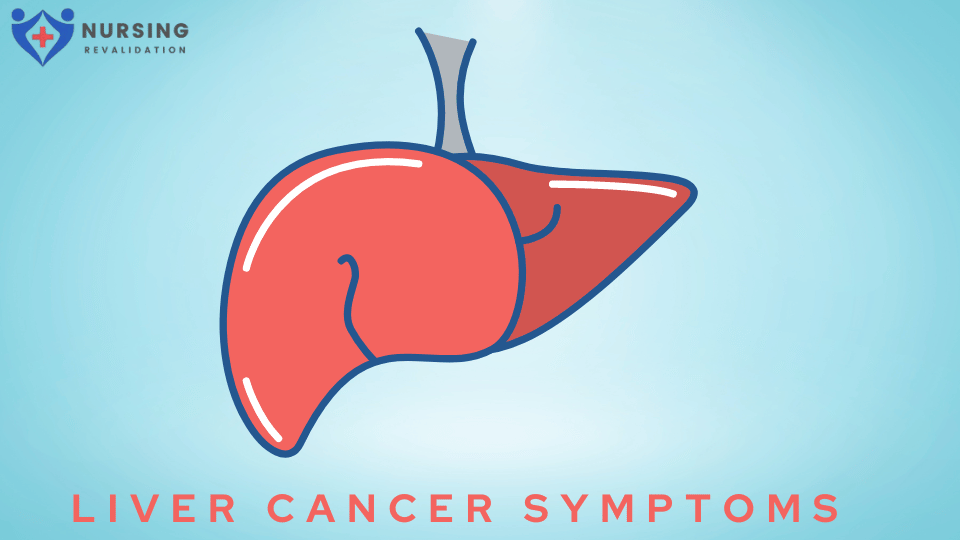Liver cancer is a disease that affects the liver, which is a vital organ responsible for filtering toxins from the body. It occurs when normal liver cells grow abnormally and form tumors. Liver cancer is a serious condition that requires prompt treatment. Therefore, it is essential to recognize the symptoms of liver cancer to receive early diagnosis and treatment.
Common Symptoms of Liver Cancer
The following are the common symptoms of liver cancer:
Abdominal Pain
Liver cancer can cause pain in the upper right side of the abdomen. The pain may be dull or sharp and may worsen over time. It may also be accompanied by swelling in the abdomen, nausea, and vomiting.
Jaundice
Jaundice is a yellowing of the skin and eyes caused by a buildup of bilirubin in the body. Liver cancer can cause jaundice, as it can affect the liver’s ability to filter toxins from the blood.
Unintentional Weight Loss
Unexplained weight loss is another symptom of liver cancer. This is because the tumor can cause a decrease in appetite, and the body may not be able to absorb nutrients properly.
Fatigue and Weakness
Liver cancer can cause fatigue and weakness due to the tumor’s effect on the body’s metabolic processes. This can make it challenging to carry out everyday activities.
Loss of Appetite
Liver cancer can cause a loss of appetite, as the tumor can interfere with the body’s ability to digest food properly. This can lead to weight loss and malnutrition.
Nausea and Vomiting
Liver cancer can cause nausea and vomiting due to the buildup of toxins in the body. This can also cause a loss of appetite, leading to weight loss and malnutrition.
Swelling in the Legs and Abdomen
Liver cancer can cause fluid buildup in the abdomen and legs, leading to swelling. This is because the liver is responsible for producing proteins that regulate fluid in the body.
When to See a Doctor
If you experience any of the above symptoms, it is essential to see a doctor as soon as possible. Early diagnosis and treatment can increase the chances of successful treatment and recovery. You should see a doctor if you experience:

Persistent Abdominal Pain
If you experience persistent abdominal pain that does not go away, you should see a doctor. This is especially true if the pain is accompanied by other symptoms such as nausea, vomiting, and jaundice.
Unexplained Weight
Lose If you are losing weight without trying, it may be a sign of liver cancer. This is because the tumor can cause a decrease in appetite, leading to weight loss.
Jaundice
Jaundice is a sign of liver dysfunction and should be evaluated by a doctor. If you experience yellowing of the skin or eyes, you should see a doctor as soon as possible.
Fatigue and Weakness
If you are feeling tired and weak, it may be a sign of liver cancer. This is because the tumor can affect the body’s metabolic processes, leading to fatigue and weakness.
Conclusion
In conclusion, liver cancer is a serious condition that requires prompt treatment. Recognizing the symptoms of liver cancer can help with early diagnosis and treatment, which can increase the chances of successful treatment and recovery. If you experience any of the symptoms mentioned above, it is essential to see a doctor as soon as possible
Treatment options for liver cancer vary depending on the stage of the disease, the location of the tumor, and the patient’s overall health. Treatment may involve surgery, radiation therapy, chemotherapy, or a combination of these approaches. It is also important to maintain a healthy lifestyle to reduce the risk of developing liver cancer. This includes avoiding excessive alcohol consumption, maintaining a healthy weight, exercising regularly, and getting vaccinated against hepatitis B and C, which are risk factors for liver cancer.
FAQs
What are the risk factors for liver cancer?
The risk factors for liver cancer include chronic infection with hepatitis B or C, excessive alcohol consumption, non-alcoholic fatty liver disease, cirrhosis, and a family history of liver cancer.
How is liver cancer diagnosed?
Liver cancer may be diagnosed through imaging tests such as ultrasound, CT scan, or MRI, or through a biopsy, where a small sample of liver tissue is removed and examined under a microscope.
What are the treatment options for liver cancer?
Treatment options for liver cancer may include surgery, radiation therapy, chemotherapy, or a combination of these approaches. The treatment plan may depend on the stage of the disease, the location of the tumor, and the patient's overall health

